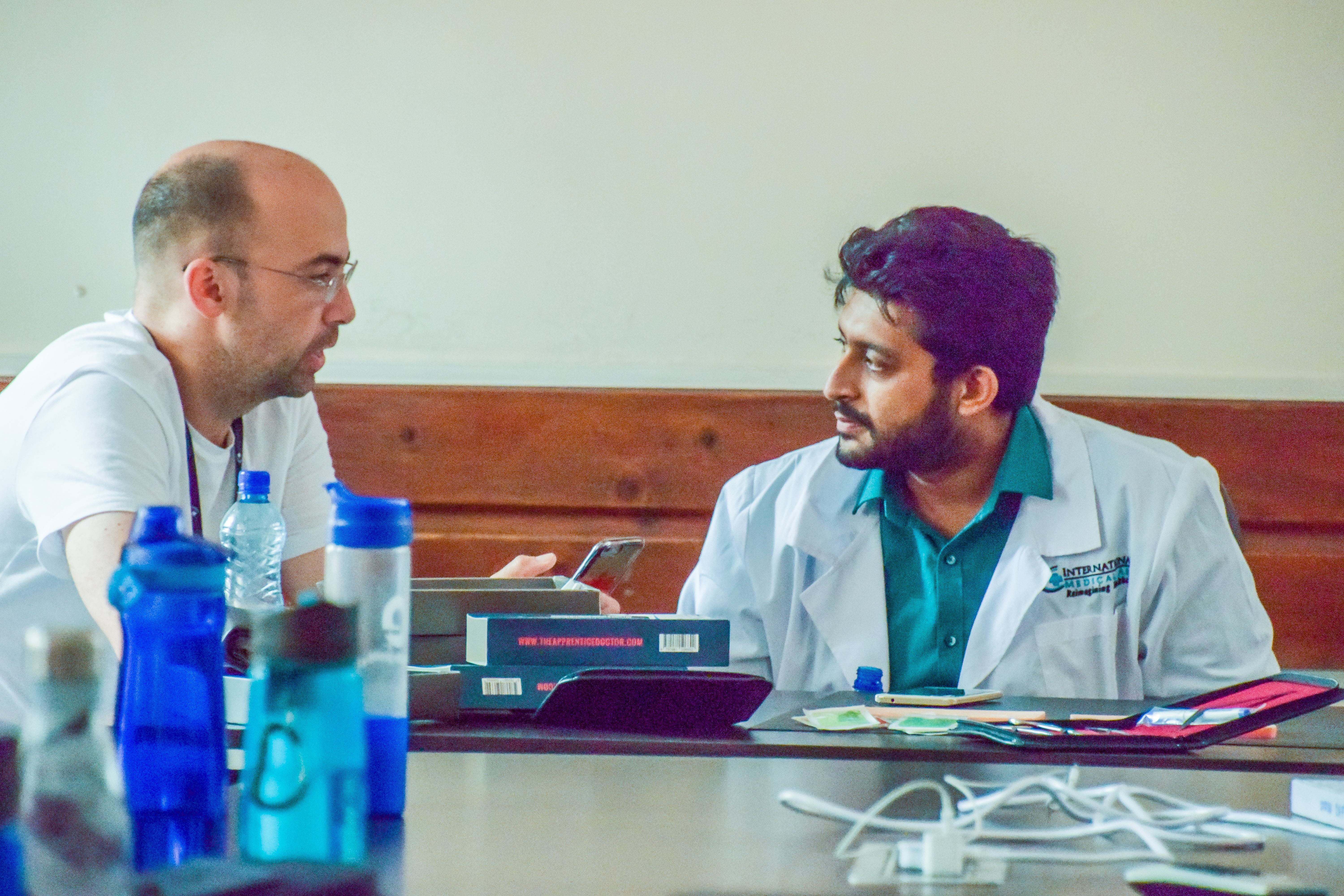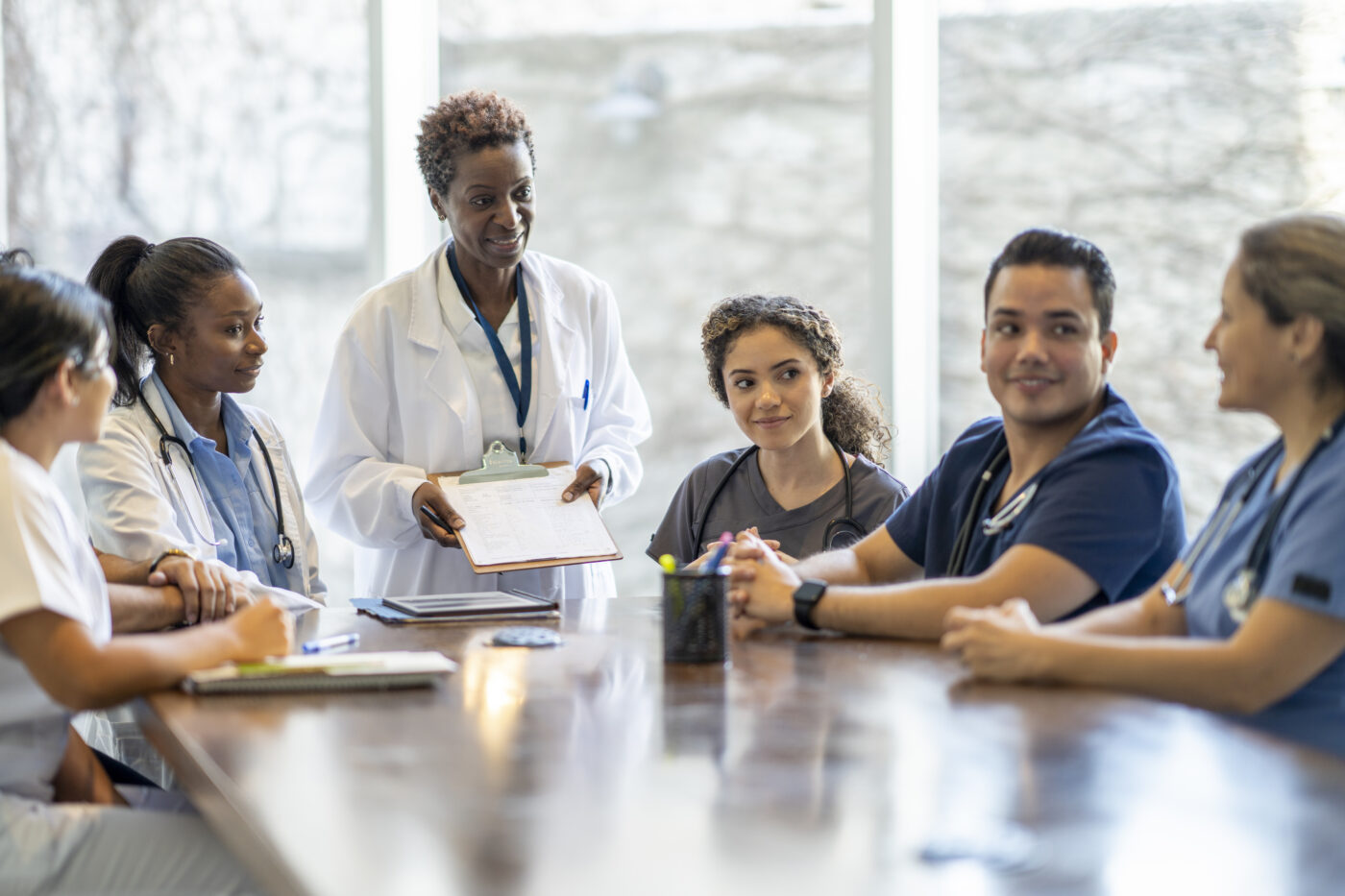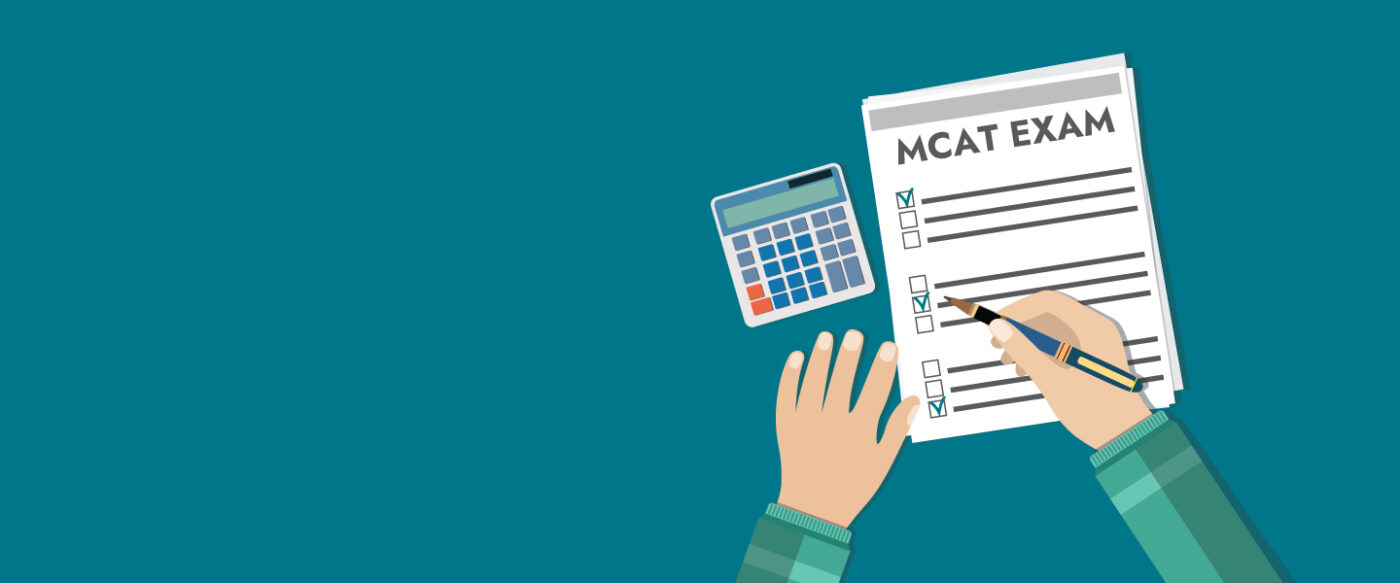Getting ready for the MCAT is no small feat. Knowing the best classes to take before the MCAT can help prepare for this crucial exam, which is a significant part of your medical school application. This guide will explore essential college courses that align with the MCAT subjects and offer valuable knowledge and skills to boost your test performance.
Understanding the MCAT
The MCAT (Medical College Admission Test) is a standardized, multiple-choice examination created to assess the applicant’s problem-solving, critical thinking, and knowledge of natural sciences, behavioral, and social sciences concepts and principles prerequisite to the study of medicine.
Understanding what subjects are on the MCAT can guide your course selection during your undergraduate studies. The test is divided into four sections:
- Biological and Biochemical Foundations of Living Systems
- Chemical and Physical Foundations of Biological Systems
- Psychological, Social, and Biological Foundations of Behavior
- Critical Analysis and Reasoning Skills
Each of these sections requires a solid foundation in different areas of study, which we’ll discuss in more detail below. It’s worth noting that medical school admissions consulting can provide personalized advice on preparing for the MCAT and aligning your undergraduate coursework to meet these requirements.
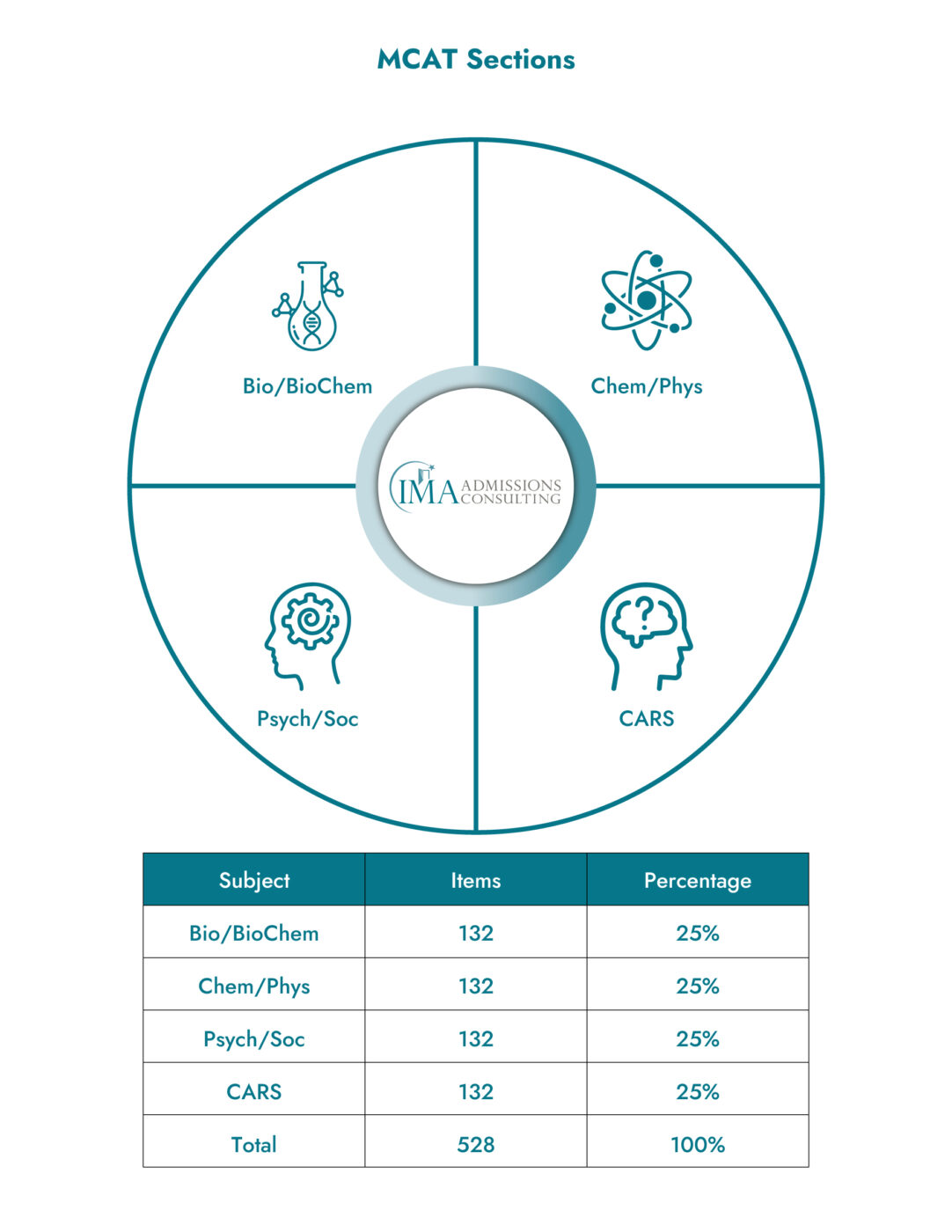
Best Classes to Take Before the MCAT
General Chemistry
General chemistry will give you a fundamental understanding of chemical principles and reactions, atomic structure, thermodynamics, and more. This knowledge is essential for the Chemical and Physical Foundations of Biological Systems section of the MCAT.
Organic Chemistry
Organic chemistry focuses on carbon-containing compounds’ structure, properties, composition, reactions, and preparation, including hydrocarbons and their derivatives. This class is crucial as it provides knowledge applicable to the Chemical and Physical Foundations of Biological Systems plus the Biological and Biochemical Foundations of Living Systems sections of the test.
Biochemistry
Biochemistry is the application of chemistry to study biological processes. It combines biology and chemistry to explore the chemicals and chemical reactions in the body. Biochemistry knowledge is key to understanding the Biological/Biochemical Foundations of Living Systems segment of the MCAT.
Biology
Biology courses, particularly those focusing on cellular biology and genetics, are crucial for understanding the test’s Biological/Biochemical Foundations of Living Systems portion. These classes provide a strong foundation in the study living organisms, including their structure, function, growth, origin, evolution, and distribution.
Physics
Physics can help you understand the laws of nature and will be vital for the Chemical/ Physical Foundations of Biological Systems segment of the MCAT. Key topics include mechanics, electricity, magnetism, waves and sound, light, and atomic and nuclear physics.
Psychology and Sociology
The Psychological, Social, and Biological Foundations of Behavior section of the MCAT assesses your understanding of key concepts in psychology and sociology. These subjects explore human behavior, social structures, and social behavior, all of which are essential in medicine.
Humanities
Courses in the humanities, including philosophy, literature, and ethics, can help develop your critical thinking and reasoning skills, which are evaluated in the Critical Analysis / Reasoning Skills segment of the MCAT. They can also help you develop empathy and a broader perspective, both valuable qualities for future medical professionals.
Statistics
A fundamental understanding of statistics is beneficial for interpreting data and research findings. Medical students and professionals need to understand and apply statistics to make informed decisions about patient care and understand medical research.
Anatomy and Physiology
While not directly tested, human anatomy and physiology courses can provide a valuable foundation for understanding bodily systems and functions. This knowledge will assist you in the Biological / Biochemical Foundations of Living Systems portion of the MCAT and throughout your medical education and career.
English Composition
The test requires strong reading comprehension and writing skills. English composition courses can help you develop these skills by teaching you how to effectively analyze texts and articulate your thoughts.
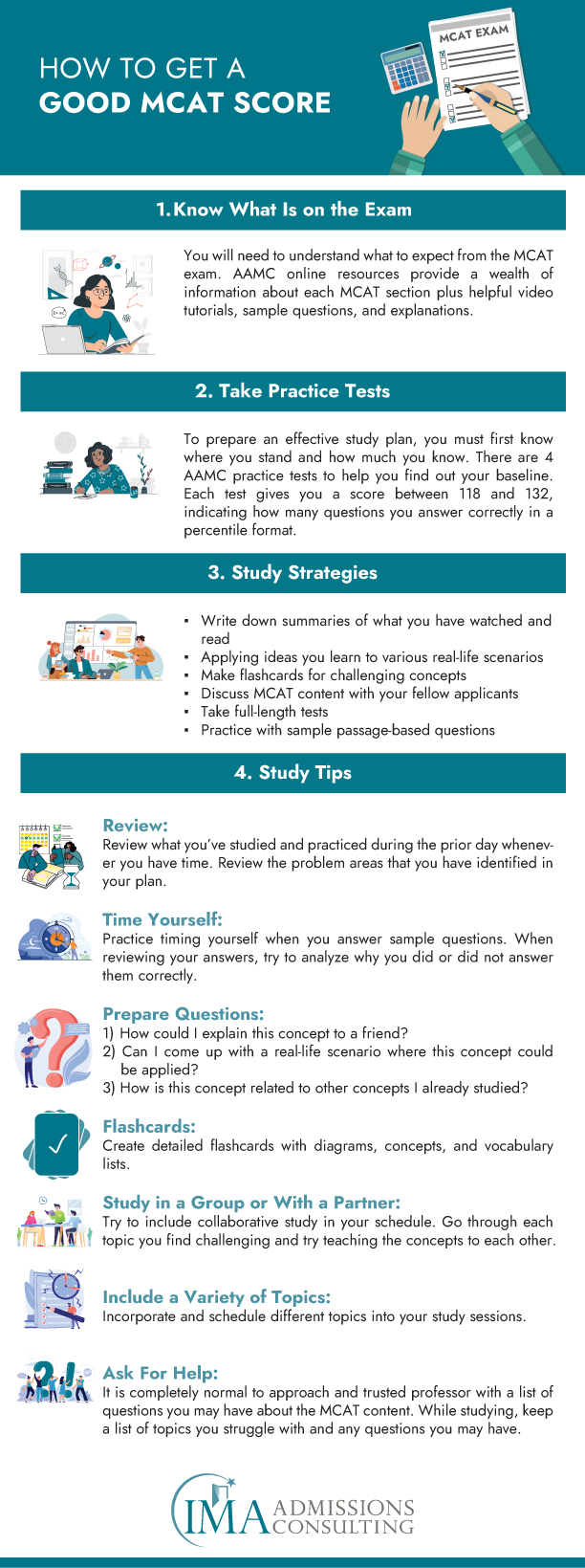
Beyond Coursework: Pre-Med Shadowing Study Abroad Program
Besides selecting the right courses, consider participating in a pre-med shadowing study abroad program. These programs offer real-world medical experience, allowing you to observe healthcare professionals in action and to gain insight into a career in medicine. The experiences gained from these programs can enhance your medical school application and offer valuable insights and learning opportunities that will serve you throughout your medical career.
A significant benefit of a pre-med shadowing study abroad program is the exposure to diverse patient populations and healthcare systems. This diversity offers a unique vantage point to observe how cultural, economic, and social factors can influence healthcare delivery and patient outcomes. You’ll gain a deeper appreciation for global health issues. This understanding could serve you well in a medical career increasingly influenced by global trends and challenges.
Moreover, these programs offer a chance to observe a variety of medical specialties firsthand, from surgery to pediatrics, potentially aiding you in your future specialty choice. The exposure to various healthcare professionals – doctors, nurses, technicians, and administrative staff – also gives you a comprehensive view of how a healthcare team functions, underlining the importance of teamwork in this field.
Another advantage is the opportunity to develop language skills and cultural competency. If your program is in a non-English speaking country, you’ll likely get a chance to learn or improve foreign language skills. You’ll become familiar with different cultural nuances, dialects, and colloquialisms, even in English-speaking countries. This ability to communicate effectively with people from diverse backgrounds is a valuable medical skill where patient interaction is a critical part of the job.
On a personal level, studying abroad can foster significant growth. It can challenge you, help you to quickly adapt to new environments, and navigate unfamiliar situations – all essential traits for a medical professional. These experiences can help build resilience, flexibility, and problem-solving skills, qualities that medical schools value and are vital for a successful medical career.
The experiences and lessons learned from a pre-med shadowing study abroad program can also provide compelling material for your medical school application and interviews. Admissions committees look favorably upon applicants with diverse experiences and a well-rounded perspective, and your international exposure can make you stand out.
However, it’s important to remember that participating in a pre-med shadowing study abroad program requires careful planning. Balancing the program’s demands with your academic responsibilities can be challenging. Here, services like medical school admissions consulting can provide valuable guidance, helping you navigate the process and make the most of this opportunity.
Medical School Admissions Consulting
Remember, choosing the right courses is just one part of the equation. Medical school admissions are highly competitive, and having a well-rounded application is crucial. Medical school admissions consulting can provide personalized guidance to ensure you’re not only prepared for the test but also for every step of the application process.
Frequently Asked Questions
Can I take these classes online?
Yes, many universities and colleges offer these classes online. However, medical schools often require laboratory experience, which may not be available online for some courses like chemistry or biology.
What if my college doesn't offer all these classes?
If your school doesn’t offer all these courses, consider taking them at a community college or through an accredited online program. Always check with your pre-med advisor or a medical school admissions consultant to ensure medical schools will accept these credits.
Should I take all these classes before my MCAT?
Not necessarily. While these courses can provide valuable foundations for the MCAT, it’s essential to balance your course load and not overwhelm yourself. Consider spreading these classes over your undergraduate years and focus on fully understanding the concepts rather than rushing through the material.
Do all medical schools require the MCAT?
Most medical schools in the United States and some in Canada require the MCAT. However, requirements can vary, so it’s important to research each school’s specific admissions criteria. A medical school admissions consulting service can provide personalized advice based on your target schools.
Can I prepare for the MCAT without taking all these classes?
While it’s possible to self-study for the test, these courses provide a structured and comprehensive approach to learning the necessary material. They also often offer additional resources and support that can be beneficial when studying for the MCAT.
How can a pre-med shadowing study abroad program help me prepare for the MCAT?
A pre-med shadowing study abroad program can provide real-world medical experience and expose you to global health issues, enhancing your understanding of medicine. While it may not directly impact your test study, it can provide a broader perspective that benefits your overall medical career.
How else can I prepare for the MCAT?
Besides taking the recommended courses, consider utilizing test prep resources, participating in study groups, and scheduling regular study times. Practice tests can also be a valuable tool in familiarizing yourself with the format of the test and in identifying areas that need improvement.
When should I start studying for the MCAT?
It’s recommended to start studying for the test at least 3 to 6 months before your test date. This allows ample time to review all subject areas and take several practice exams.
Can medical school admissions consulting help me choose my courses?
Yes, a medical school admissions consultant can provide personalized advice on course selection, ensuring that you’re choosing classes that align with the MCAT and your career goals.
How can I balance my course load when preparing for the MCAT?
Balancing a heavy course load while studying for the test can be challenging. Time management and organization are key. Consider creating a study schedule, prioritizing your tasks, and taking breaks to avoid burnout. Consulting with an academic advisor or a medical school admissions consultant can also provide guidance on managing your responsibilities effectively.
How crucial are MCAT scores for medical school admissions?
The test scores are a significant factor in medical school admissions. They provide admissions committees with a standardized measure of a student’s understanding of the concepts necessary for the study of medicine. However, medical schools also consider other factors, including GPA, clinical experiences, letters of recommendation, and personal statements.
What are some resources for MCAT preparation?
Many resources can help you prepare for the test, including textbooks, online tutorials, study groups, and practice exams. The AAMC offers official MCAT prep materials, and various companies provide prep courses and study materials. Additionally, blogs and forums can offer advice and insights from students who have already taken the test.
How many times can I take the MCAT?
As of this writing, the AAMC allows you to take the MCAT up to 3 times in a single testing year, 4 times over 2 consecutive years, and 7 times in a lifetime. However, it’s essential to aim for the best score on your first or second attempt, as multiple attempts could be seen as a red flag by some admissions committees.
Should I take a gap year to study for the MCAT?
Whether to take a gap year to study for the test depends on your circumstances. If you feel you can’t dedicate enough time to study for the MCAT while managing your coursework, extracurricular activities, or other responsibilities, a gap year might be beneficial. Also consider how you will use this time beyond studying for the MCAT to enhance your application.
What if I don't do well on the MCAT?
If you’re unsatisfied with your test score, it’s possible to retake the exam. However, evaluating whether you can significantly improve with further study and preparation would be best. Also, remember that the MCAT is just one factor in your application. Strengthening other aspects of your application, like your personal statement, experiences, or letters of recommendation, could still make you a strong candidate.
Are there classes I should avoid before the MCAT?
There’s no specific class you should avoid before the test. However, focusing on courses that align with the MCAT content areas and your academic and career goals is essential. If a course isn’t relevant to the MCAT or your intended specialty, it may be more beneficial to spend that time on another course.
How important is it to take advanced science courses before the MCAT?
Taking advanced science courses can deepen your understanding of key concepts and better prepare you for the complexity of questions on the test. However, the necessity of advanced courses may depend on the depth of your foundational knowledge and the specific requirements of the medical schools you’re targeting.
Can I study for the MCAT during the school year?
Many students study for the test during the school year. However, balancing coursework, extracurricular activities, and MCAT preparation requires excellent time management skills. It’s important to create a consistent study schedule and stick to it.
Should I take a prep course for the MCAT?
MCAT prep courses can provide structured study plans, professional instruction, and a wealth of practice materials. However, they can be costly, and their effectiveness varies among students. Before investing in a prep course, consider your study habits, budget, and how much guidance you need.
Can I use AP/IB credits to fulfill the course requirements for the MCAT?
Some medical schools accept AP/IB credits to fulfill prerequisite course requirements. However, policies vary by institution. It’s essential to check each school’s admissions guidelines or consult with a medical school admissions consulting service to understand specific prerequisites.
With careful planning, strategic course selection, and diligent preparation, students can maximize their MCAT readiness and their potential for success on this crucial test. Remember, while these are the best classes to take before the MCAT, every student’s journey is unique. What works for one may not work for another.
Understanding what subjects are on the MCAT and aligning them with your coursework is a significant first step. Incorporating experiences like a pre-med shadowing study abroad, the program can provide practical experience and offer a broader perspective on global healthcare.
Ready to take the next step in your medical journey? Consider scheduling an appointment with IMA to learn about how we can aid you in your medical career aspirations.
Understanding the MCAT’s structure and requirements can guide your course selection during your undergraduate studies. By choosing courses that align with the MCAT’s subject areas and offer valuable knowledge and skills, you can position yourself for success on the MCAT and beyond.
Remember that preparing for the MCAT is a marathon, not a sprint. It requires careful planning, dedication, and a deep understanding of the subjects. And while this journey may seem challenging, remember that resources like medical school admissions consulting are available to guide you along the way.
As you continue your medical school journey, check out additional posts on this topic from our blog for more tips and advice. From MCAT prep tips to insights into different medical specialties, we’re here to help you navigate your path to becoming a medical professional.

